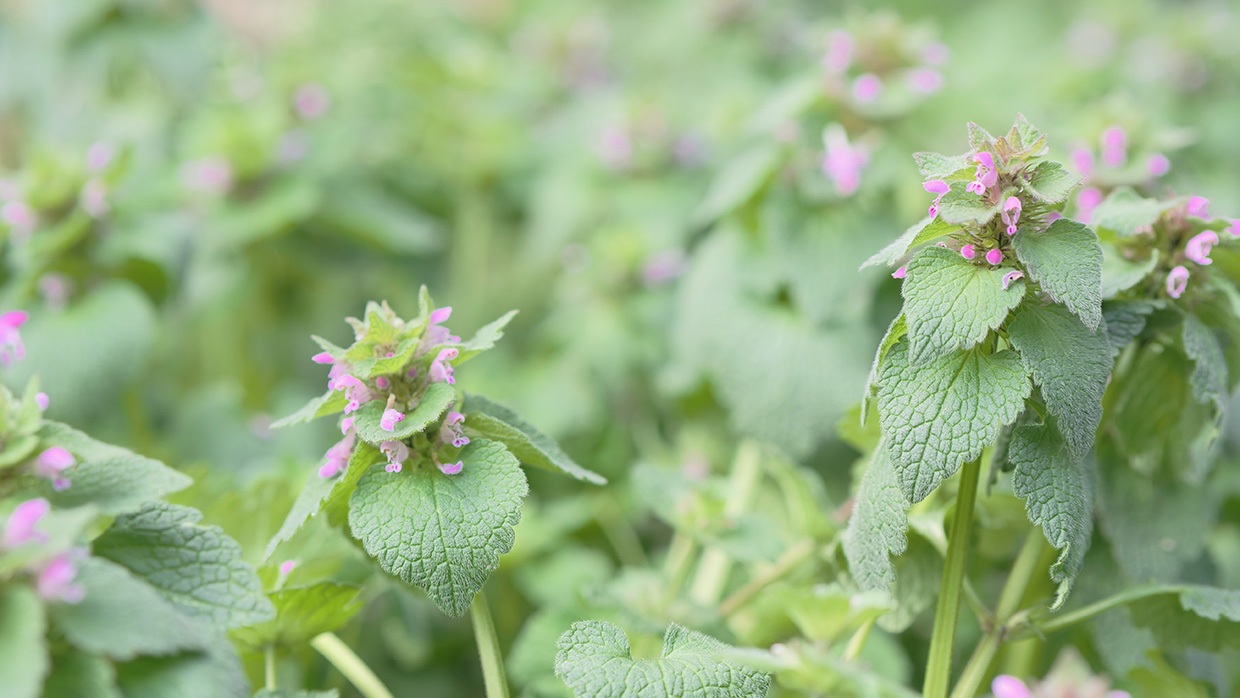Y.I.

- Now, at the age of 57, I realize how truly necessary this experience was for me.
First and foremost, I would like to express my heartfelt gratitude to Taigu Oshō, the monks who guided us, the staff, and everyone involved, for giving me this precious opportunity.
And also, I want to thank myself—for having the courage to take on this temple stay challenge and for truly enjoying it until the very end.The awareness and changes I experienced during this time are beyond words. I can feel a profound shift happening inside me—my very way of thinking is beginning to transform. Please forgive me if this message turns into a long and scattered reflection.
Now, at the age of 57, I realize how truly necessary this experience was for me. The fact that I was able to act in accordance with what I felt in my heart, and that I was able to experience far more than I had imagined, makes me feel that this is a fresh beginning. I am grateful to have become someone who can feel this way.
What I learned during the temple stay was, in fact, very simple. These were the fundamental principles of living. And to think that I had been missing those very fundamentals until now—I came to realize that through just six days and five nights of practice. It may sound exaggerated, but for someone like me who was approaching 60 and feeling vaguely lost about how to relate to the world and to myself, it truly felt like a ray of light had pierced through the fog.
From an outsider’s point of view, it might just look like a brief five-night trip. Honestly, I started with a bit of a fangirl attitude—excited to meet a monk I admired from YouTube. I even joked with my drinking buddies about “going to become a monk,” and I brought along that lightheartedness. But beneath that, I knew something had to change. I didn’t know exactly what to do, but I wanted to change. That strong desire is what led me to participate.
Now, the day after returning to my home in Tokyo, I feel… how can I describe it? It’s as if I, the tree of myself, am rooted in the same place, but existing in an entirely different landscape. I am writing this reflection with that mysterious sense of presence.
What struck me most was how little dialogue I had been having with myself. I used to believe that I had been taking care of my happiness—that one must first make themselves happy in order to bring happiness to others. I thought I had lived by that idea since high school. But in truth, had I really even been tending to my own well-being? Hadn’t I been comparing myself to others, assigning value judgments, and swinging between satisfaction and dissatisfaction? I realized: Yes, I had. And on top of that, I saw how often I cut corners, how often I let things slide.
“Habits shape thoughts and emotions.”
That’s why, as Taigu Oshō said, I must internalize good habits until they become unconscious—instinctive. These words have now become a guiding principle for me.While the temple stay is far easier compared to true monastic training, it was still incredibly demanding. There were moments I found myself counting down the days left! And yet, I’ve been raised to believe that “being scolded is a blessing,” so whenever a young monk corrected me, I found myself thinking, “Ah, I’m still a flower—I’ve got room to grow!” I even felt a strange kind of joy in that. Despite aching knees and even water collecting in my joints… yes, scrubbing the hallways on hands and knees really took my breath away! It made me think—wow, my childhood self was amazing!
What helped me endure all of that hardship was, I think, the power of nature that surrounds temple life. In a city building, silence feels unsettling. But at the temple, even in quiet moments, the birds are singing, the wind rustles through the trees—there is always sound. The scent of the earth, the feel of sunlight, the booming thunder, the rain, the moon and stars—each of these stirred my heart deeply.
We were barely allowed to use our phones, and yet, I felt a peace unlike anything I’d known. That in itself was a surprise.While doing samu (temple work)—weeding, cleaning toilets, arranging flowers—I found myself thinking of my late grandmother and father. Their memories came and went like gentle waves, and a warm calm washed over me.
Even the simple meals—just vegetables and rice—were incredibly delicious. Taigu Oshō joked, “Hunger is the best seasoning,” but I came to realize just how much excess I had built into my life. For 30 years, food and alcohol had been at the center of my lifestyle, and now, that framework feels ready to be refreshed.
Honestly, I decided to join after discovering Daigu Oshō’s YouTube channel. I was drawn to his voice, his way of communicating. And now, I have come to understand—no, at least faintly grasp—just how far, how steep the path to becoming someone like him must be.
Where is the “truth” to be found?
I feel like I have just begun to sense its presence, like catching a glimpse of light through the trees. I now have hope that I can explore it in my own way.
I look forward to seeing how I grow from here.Thank you, truly, from the bottom of my heart.
With deep gratitude and sincere prayers—please continue to guide me.
